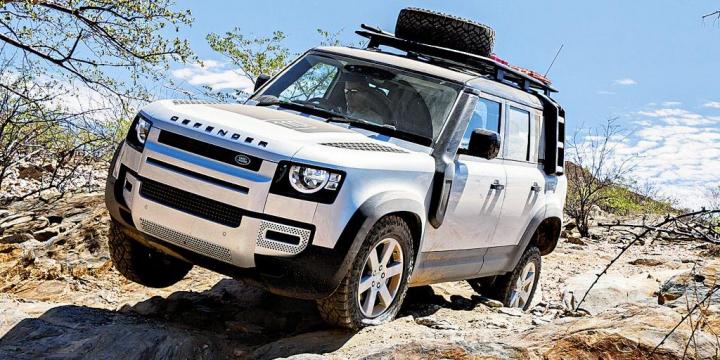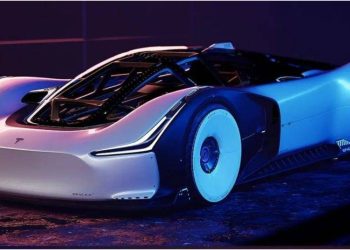Jaguar Land Rover (JLR) is developing a hydrogen fuel cell electric vehicle prototype based on the new Land Rover Defender. Testing is scheduled to begin this year.
The concept is part of Jaguar Land Rover’s goal of achieving zero emissions by 2036 across its entire supply chain, products and operations by 2039.
JLR says that fuel cell vehicles are complementary to battery electric vehicles on the path of zero emissions.
Notably, hydrogen-powered fuel cell vehicles provide high energy density and rapid refueling, and minimal loss of range at low temperatures, making the technology suitable for larger and higher-powered vehicles range, or those operating in hot or cold environments.

Another aspect to consider is that since 2018, the number of fuel cell vehicles on the road has almost doubled and, contributing to the use of hydrogen, natural resource service stations have increased by more than 20%.
It may also interest you: Alpha Wolf Plus: the ideal electric truck for camping
In that sense, by 2030, forecasts predict that the deployment of hydrogen-powered fuel cell vehicles could exceed 10 million with 10,000 service stations around the world.
Project details
Jaguar Land Rover’s advanced engineering plan, known as Project Zeus, funded in part by the Center for Advanced Propulsion, will allow engineers to understand how a hydrogen powertrain can be optimized to deliver the performance and capacity expected by its customers from the refueling and towing range to off-road capability.
To deliver Project Zeus, Jaguar Land Rover has partnered with world-class research and development partners, including Delta Motorsport, AVL, Marelli Automotive Systems and the UK Battery Industrialization Center (UKBIC) to further hydrogen fuel cell electric vehicle prototype.
Written by | Gabriel Sayago












